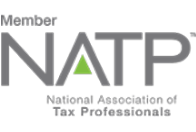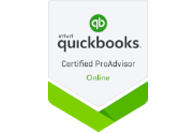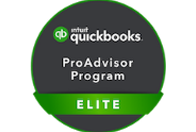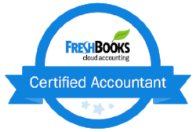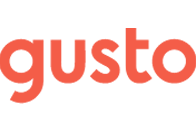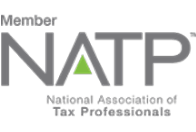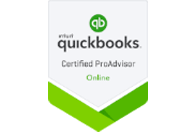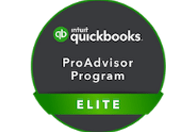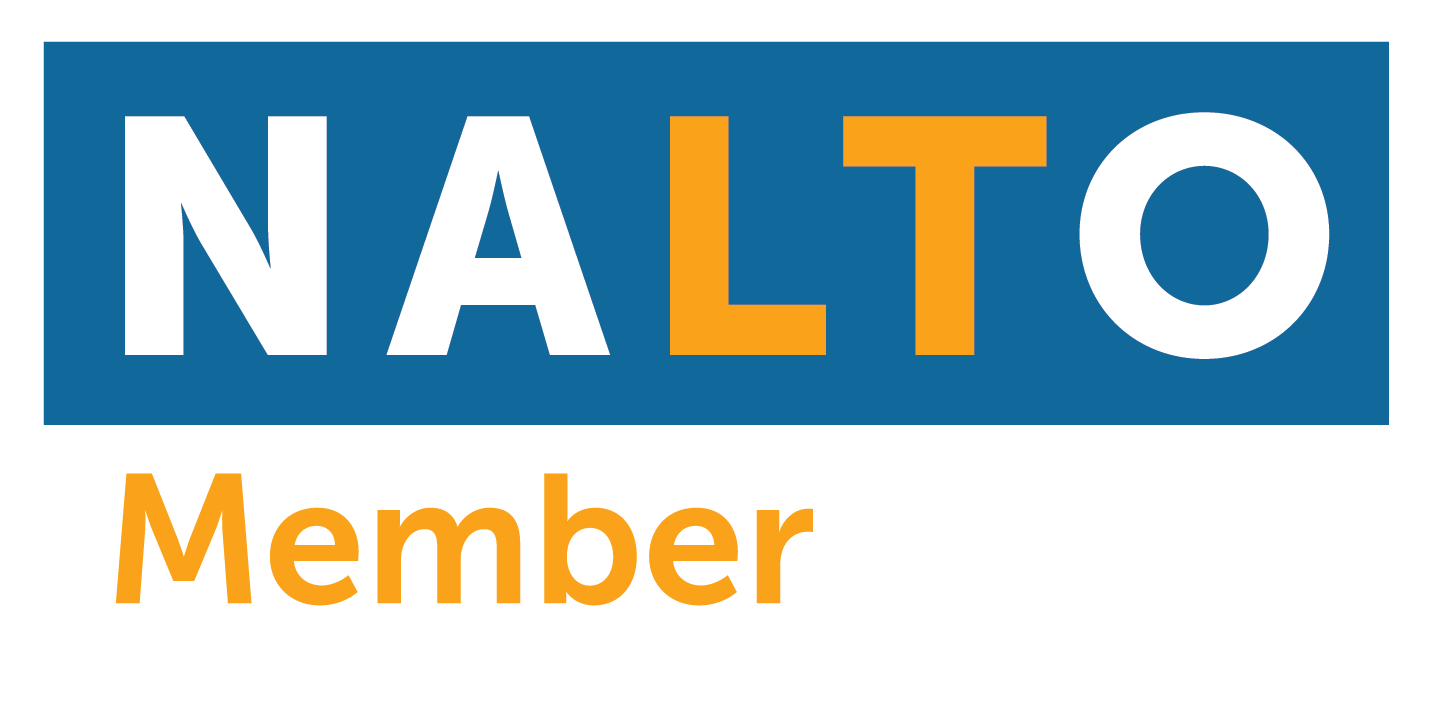Training is a must for those who want to be a flight attendant. But the question of when and where to receive such training depends on the type of flight attendant you want to be. The ones who intend to work for a commercial airline will receive their training from the airline company that hires them. Training is not a prerequisite to apply as a commercial flight attendant since each airline has their own set of rules and guidelines in educating their flight crew.
This is not the case for those who wish to be a corporate flight attendant. To begin their journey, they must undergo rigorous training and certifications for them to qualify as a corporate flight attendant.
What is a Corporate Flight Attendant?
A corporate flight attendant is a trained professional who provides specialized service and ensures the safety and comfort of their passengers on private or corporate jets. Compared to commercial flight attendants, they cater to a smaller group of VIP passengers such as executives, business leaders, wealthy individuals, even celebrities. Excellent customer service is highly necessary.
Their roles go beyond ensuring passenger safety during a flight. They create a comfortable and luxurious experience for their clients. Among their extensive list of responsibilities are serving high quality meals and drinks, ensuring the cabin’s cleanliness, restocking of galley inventories, and attending to special requests by their passengers such as in-flight celebrations for special occasions.
Trainings and Skill Requirements
To ensure that a corporate flight attendant possesses all the necessary skills and knowledge to fulfill their roles, they must have the following trainings and certifications:
- Initial Training: Cabin Safety Training for Corporate Aviation. This comprehensive training program is provided by flight organizations or academies approved by the Federal Aviation Administration (FAA) and must be completed before working as a corporate flight attendant. It covers aviation regulation and compliance, emergency procedures, first-aid, CPR, usage of automated external defibrillator, firefighting, and evacuation protocols. The cost of this mandatory training is quite expensive and is shouldered by the trainee. However, this is a necessary investment to ensure the safety of the passengers. Even if you already have experience as a commercial flight attendant, you must still complete this training if you want to switch to this career.
- Recurrent Safety Training. Periodical training is required for corporate flight attendants to maintain their skills and ensure that they stay up to date with the latest safety protocols and industry standards. This recurring training is typically conducted annually or every other year depending on the aviation authority and company policy.
- Specialized Training. In addition to the core training programs, corporate flight attendants may also pursue specialized training to enhance their skill sets and career opportunities. These specialized trainings can include:
- In-Flight Catering and Culinary Skills. A significant aspect of a corporate flight attendant’s role involves providing excellent culinary service to their VIP clients. This training provides them with the knowledge and skills required to prepare, present, and serve meals in an aircraft. With a collection of small but essential culinary tools such as high-quality chef knife, disposable gloves, multi-purpose peeler, food thermometer, or portable digital food scale, corporate flight attendants can deliver first-class dining experience. It is good to note that these small yet indispensable culinary tools are qualified deductions for corporate flight attendants to reduce their tax liability.
- Service Excellence and Etiquette. Specialized training in excellent customer service skills, proper etiquette, and people skills will enhance their ability to cater to high-profile clients and adhere to the standards of professionalism.
Training Cost Deductibility
The Internal Revenue Service (IRS) provides clear instructions for deductibility of education or training expenses. Work-related education expenses are deductible if it will not qualify you for a new trade or business and if it satisfies either one of the following tests:
- maintains or improves skills needed in your present work, OR
- the law or the employer requires it to keep your job.
Initial Training Cost. The cost of the initial training required to become a corporate flight attendant could qualify as tax deductible in specific cases. It is important to note that though the initial training may be expensive, it should be seen as an investment for your chosen career.
Recurrent Training Cost. The costs of the recurring training after completing the initial training are deductible if the employer does not sponsor it.
There are two types of corporate flight attendant in terms of paycheck: contractual and salaried. A contractual corporate flight attendant works on a contract basis and is paid at an hourly rate. This type of flight attendant has more flexibility and control in their schedule. A salaried corporate flight attendant, on the other hand, has an employer that provides them with monthly compensation and is on call whenever there is a scheduled flight.
The cost of the recurrent training is usually part of the compensation package of a salaried corporate flight attendant while a tax-deductible cost for a contract corporate flight attendant.
We have a dedicated blog about financial management for contract flight attendants. You may click on the following link to access the blog: Pre-Flight Check: Contract Flight Attendants – Accountant (1099accountant.com)
Want to learn more?
You may want to consult and work with 1099 Accountant – We offer online bookkeeping, online advisory services and online tax and accounting services. We offer reasonable rates. We only work with independent contractors, freelancers, and one-person business. We work with locum tenens from California to New York City and everywhere in between. Yes, even Hawaii!
Contact us toll-free (855)529-1099 or make an appointment for a free consultation. https://1099accountant.com/contact/

